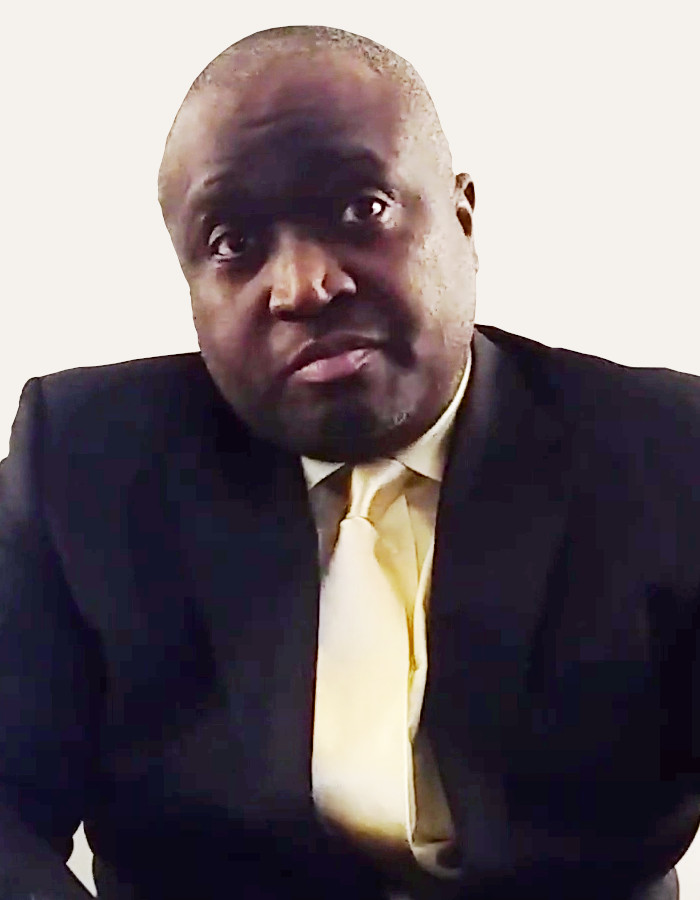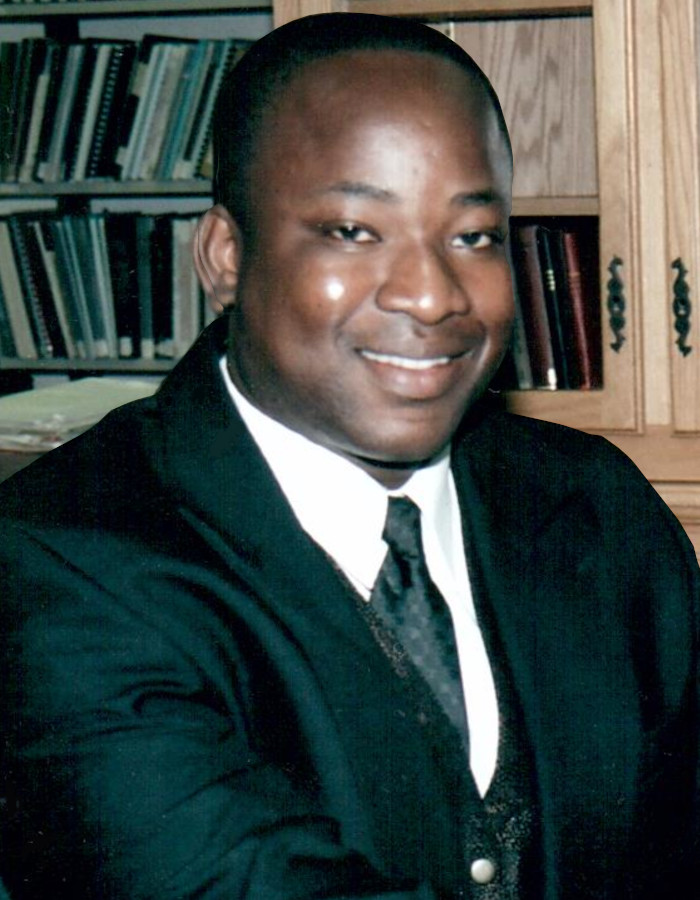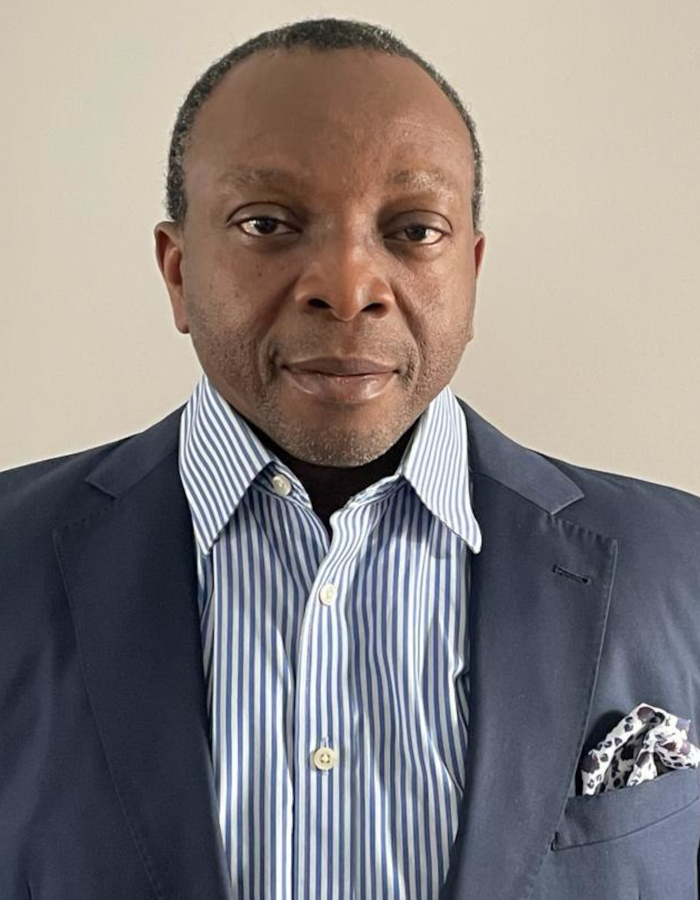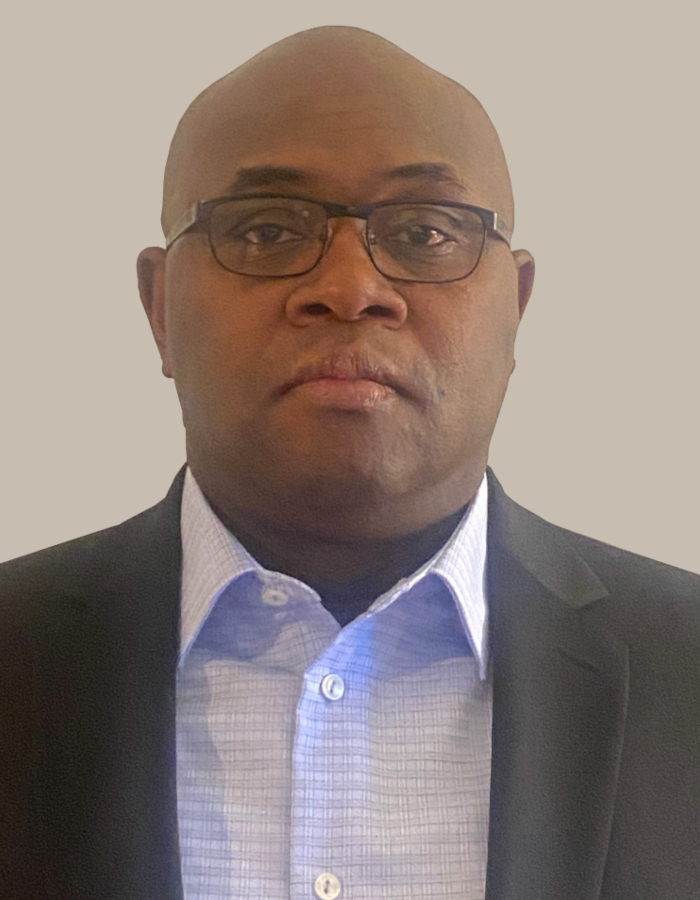About Us
Registered officially in January 2023 as a Canadian non-profit organization, the Transparency Institute is operated by a volunteer board and relies on your contributions to continue our work. The Board is also supported by volunteers who serve on various committees. Membership includes the right to vote at the Transparency institute Annual General meeting.
Governance:
The Board is democratically elected by members at the Annual General Meeting. Any committee members or donors may apply for membership through a letter or email addressed to the Board which includes a biography and the committee of interest. The application may be approved by a majority vote of the Board. The board does not profit from the Institute; pursuant to transparent and accountable stewardship, there will be online public disclosure of the bylaws, annual reports, and financial statements that also disclose any services or products that might be purchased from a 3rd party vendor or contractor or employee or Board member.
Research Mission:
Enhance research-informed decision-making and cooperation among various levels of government and other stakeholders, which includes the general public, through evidence-based research that includes comparative, policy, and field research, of complaints and compliments transparency best practices in priority research locations that include over 50,000 law enforcement organizations in Canada, USA, UK, EU, Australia, New Zealand.
Education Mission:
Training Mission:
- Police associations or boards or chiefs or officers or professional standards or investigators or adjudicators or legal services, councillors;
- Public safety ministers or deputy ministers or chiefs of staff or directors of policy;
- Access to information personnel, crown counsels, defence or employment lawyers, legal aid and human rights defenders, non-governmental organizations “NGO” transparency personnel;
- Ombudsmen or auditor generals or privacy or conflict of interest or integrity commissioners or Human Resource “HR” or other government complaint processing personnel.
Board Of Directors
Ade Olumide
Chair
Joseph Regis
Director
Caleb Voltaire
Director
Deji Ogunyemi
Director
Peter Williams
Director

Chair of the Board
Ade Olumide is a democracy rights defender, he holds a Bachelor in Mechanical Engineering, Masters in Business Management, he also studied Supply Chain Management and developed the revenue planning system for a $4 billion dollar manufacturer. He was a Policy Advisor for an Ontario legislator and is currently studying constitutional law for administrative tribunals. As the former president of the Municipal Taxpayer Advocacy Group, Ade drafted a motion on affordable Hydro and persuaded 37 municipalities across Ontario to pass the motion.
Joseph Regis

Board Director
Joseph Regis was the Chair of the Ottawa Police Election Coalition for Safer Communities (OPECS). He is also the founder and Executive Director of the Community for Social Integration and Recreational Activities Ottawa (CSIRO), a Canadian-based settlement NGO that provides referrals on government programs and services, employment services translation, and counseling, including the rights to information, freedom of expression, participate, assembly and association. In addition, he has been working as a manager for the government of Canada for over 7 years.

Board Director
Deji Ogunyemi

Board Director

Board Director